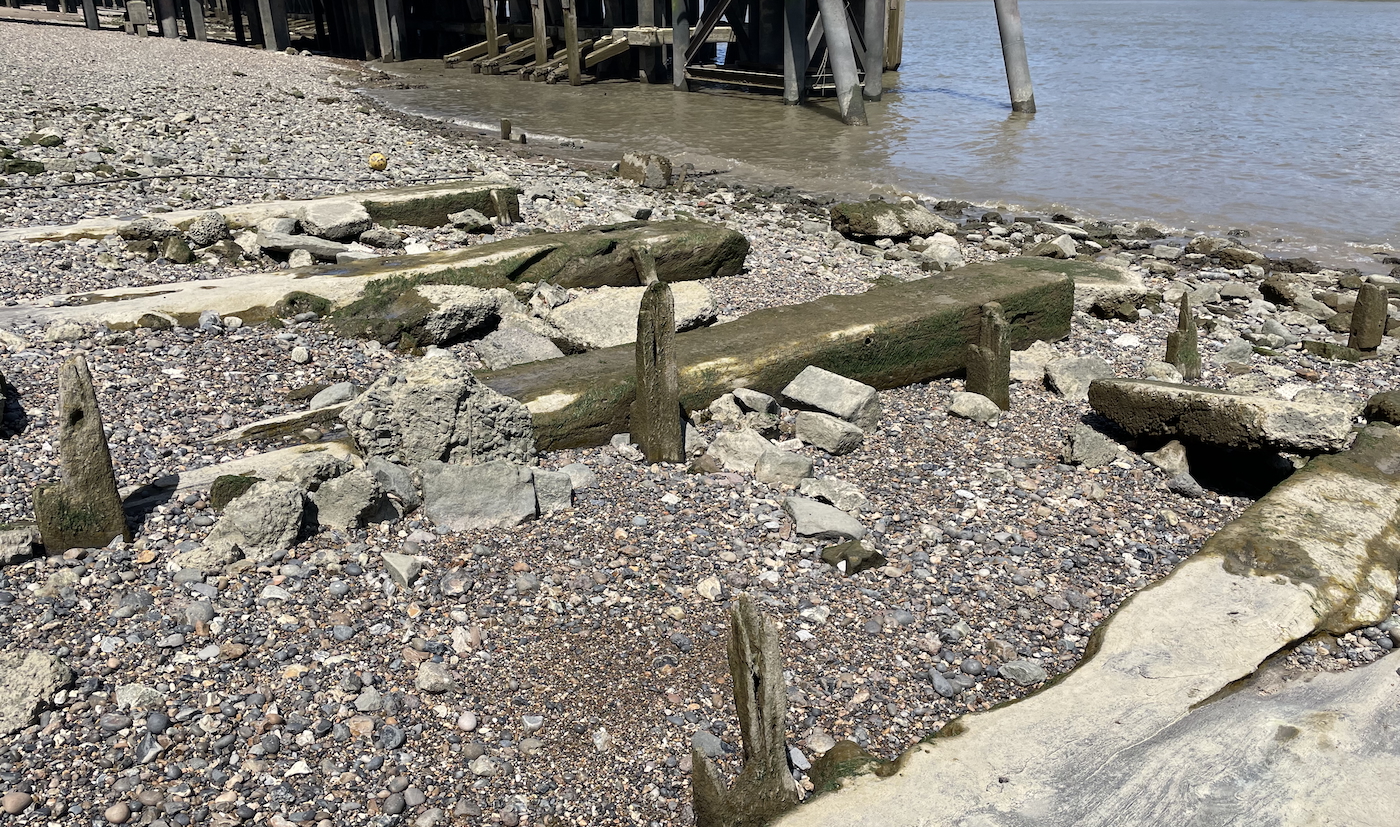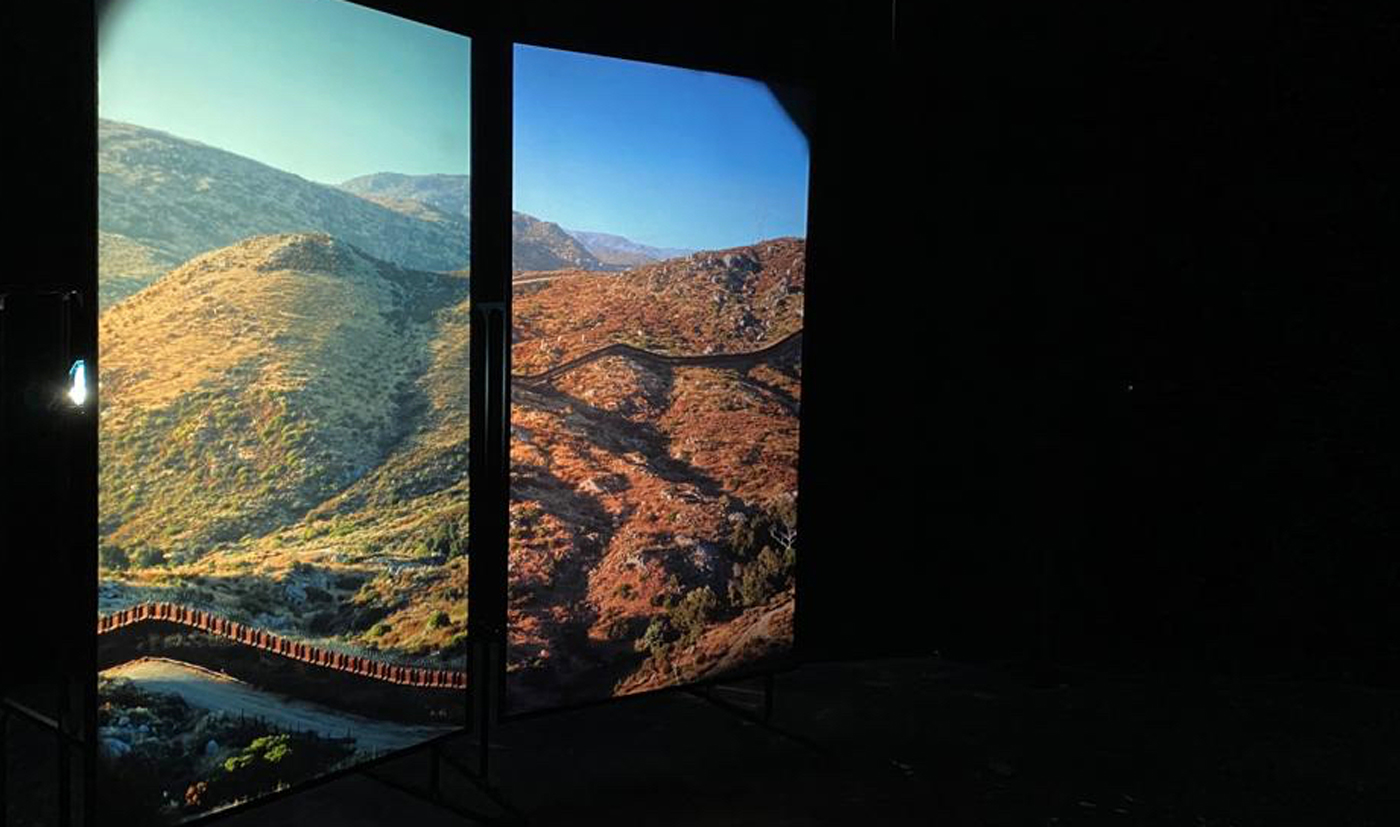Introduction
Empathy & Risk is an artist-led inter-disciplinary initiative that addresses issues of systemic failure in contexts of contemporary global crisis. ER was born out of a conviction that artists’ perspectives have an important role to play in the framing of international, national and institutional responses to threat and conflict. ER believes that the capacity of the arts to effectively influence policy development has not been systematically explored, exploited or applied.
Empathy & Risk draws on a body of international artists, academics and practitioners who work in sites of publicly acknowledged empathetic breakdown – curating responses from within the people, policies

History
The idea for Empathy & Risk initially grew out of the several visits made by David Cotterrell to Afghanistan and Pakistan between the years 2008 and 2015. The Empathy and Risk project was then developed by David and Ruwanthie de Chickera from 2015 – 2018. During this time, Empathy & Risk existed in the form of discrete and itinerant artist interventions into sites of perceived conflict.
In 2018, Empathy & Risk curated its first multi-disciplinary programme at the Ubumuntu Festival – combining a theatre performance with a researched visual-art installation and connecting these

Empathy
In most conflict situations, processes of objectifying, distancing and stereotyping the ‘other’ escalate the (perception) of conflict while hardening and narrowing down the scope of potential response. This self-perpetuating cycle, which is often exacerbated by industries sustained by the generation of fear and paranoia, leads to increasingly polarized and entrenched positions in a conflict.
Introducing artist inquiry and intervention into this context of breakdown of empathy, can create the space (physical and emotional) to ‘see’ the other and also to reflect on oneself. Artists engage with the study of empathy. Whether they are aspiring to generate empathy for themselves or for their art work, they are involved in creating the space for some measure of shared empathetic engagement.

Opting for empathy in a situation of conflict, is a risk. And the cost of the risk increases as we scale up from individuals to institutions, to communities, to countries. And so, in spite of Empathy being acknowledged as one of the defining characteristics of humanity, the presence of empathy within policy making is very small, if nonexistent.
The capacity of the arts to effectively frame and influence policy development has yet to be systematically explored, exploited or applied. Empathy & Risk hopes to address this by engaging artists with communities in conflict and with policy makers, in order to address the placement of empathy in the individual and policy response to threat and conflict.

Principles
- We advocate the articulation of doubt as a counterpoint to claimed authority.
- We work with artist-advocates, who inquire into sites of empathetic failure that have occurred within communities, institutions structures or processes.
- We look to consolidate the languages of art, advocacy and academia, to undermine the hierarchies of knowledge between these disciplines and introduce parallel perceptions of common issues.
- We seek to encourage the risk of opting for empathy when in pursuit of solutions to situations of conflict.
- We promote the Insider-Outsider perspective. Wecultivate answers by actively claiming the value of balancing multiple subjective narratives in the pursuit of new perspectives.
- We work with individuals, organisations and agencies that declare a willingness to be self-reflective and engage in mutually critical partnerships.


